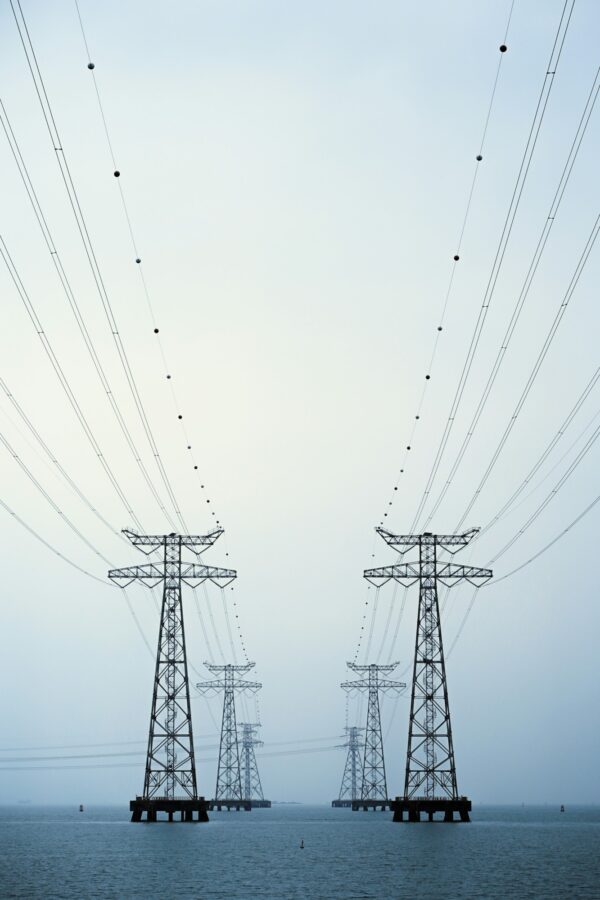Japan’s proposed INDC “inadequate” and opposite to its G7 commitment - Climate Action Tracker
Share

Japan’s draft INDC includes an emissions reduction target of 26% below 2013 emission levels by 2030, (equivalent to 18% below 1990 levels by 2030). Japan intends to use forestry accounting and its overseas crediting mechanism to meet its target – reducing the domestic target for industrial greenhouse gas emissions to 16-20% below 2013 (7-11% below 1990).
The Climate Action Tracker rates this target as “inadequate”: if all countries adopted this level of ambition, warming would likely exceed 3-4°C in the 21st century.
Japan’s energy strategy is completely out of line with what’s needed to transform the energy sector to a low carbon economy, with coal-fired plants set to play an increasingly important role.
The Government’s aim for a 46-48% power plant base load (coal or nuclear) by 2030 is the opposite of what countries moving to a low carbon society are doing, as they make the paradigm shift to renewable energy.
“Japan’s proposed energy strategy will not only delay its shift to a low carbon economy, it will also put Japanese industry at a competitive disadvantage with other countries that are currently undertaking these shifts,” said Niklas Höhne of NewClimate Institute. “Japan agreed in the G7 communique to complete the transition of its energy system towards decarbonisation by 2050, which is not possible with the current draft INDC,” he said.
Another significant issue is the absence of consideration of a 2025 target, with only a 2030 target in the draft. Setting a target for 2030 means locking in “inadequate” action at end of 2015 in Paris for fifteen years, by which time the world could easily be committed to over 3°C warming.
There is also concern in relation to Japan’s proposed overseas crediting system (JCM). According to the draft INDC, JCM credits of a value of 50 – 100 MtCO2 could be applied to the 2030 goal. These credits are to be obtained from Japan’s own bilateral offset programme that includes the installation of coal power stations in developing countries.
“Japan’s plans to build coal fired power plants at home, and its international funding of coal plants, no matter how efficient, could undermine global efforts to decarbonise the energy system,” said Bill Hare of Climate Analytics. “We suggest Japan reviews its coal plans, and revises its INDC to reflect its new G7 commitments.”











